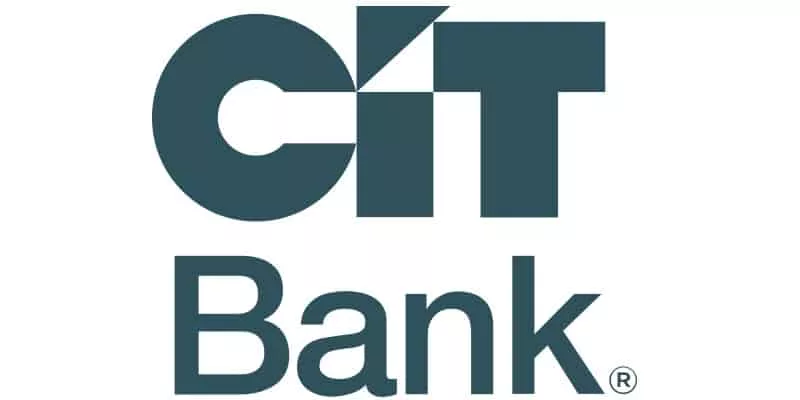Should you close credit cards that you don't use? The answer is no to closing credit card accounts, even if they are paid and unused.
Closing a credit card could make it easier to manage your finances, especially old credit cards that you no longer use. But before you cancel credit cards take into consideration the impact on your FICO scores.
You may unintentionally lower your FICO score when you cancel credit card accounts.
How closing credits can hurt your credit scores
Debt usage ratio. A significant factor in your FICO scores is debt utilization ratio. Debt utilization compares your available credit limits to your balances (amount owed). FICO measures both individual accounts as well as your aggregate accounts.
When you close accounts, the credit limits of the cards you close are no longer part of the utilization calculation. Reducing the amount of credit available to you (by closing a credit card) could cause your credit utilization ratio to go up and your credit score to go down.
Age of accounts. FICO scores take into account how long your credit accounts have been open. Generally, the longer a credit history the higher the FICO score. The age of your oldest account, the age of your newest account, and the average age of all your accounts make up 15% of a FICO score.
Closing older accounts can negatively impact scores because it will no longer be used to help calculate the length of your credit history. If you really want to cancel credit cards you no longer use, do it gradually. If you were to cancel credit cards all at once, you may see a spike in your debt usage ratio, which will hurt your scores.
But keep in mind you may want to maintain any credit card with high limits. This helps your debt usage ratio.
Maintain every point you can get. If you are in the market for a mortgage loan, refinance or auto loan your FICO score will determine what rate a lender will offer. If your credit is very good, closing old credit accounts probably won't determine whether you qualify for a loan or what rate you get.
But if your credit is average or poor, closing older accounts may further lower your scores. Every point counts when you are shopping for the best interest rates. If a few points can make or break you, you might want to put off closing old accounts.
6 ways paid credit accounts are helping your scores
Paid credit accounts can benefit your scores in certain circumstances.
- The available credit on that account is helping your overall credit utilization, which makes up 30% of your credit score.
- Having a mix of credit also benefits your score. When combined with other types of credit like mortgages and loans as part of your active credit history, a paid-off credit card might help your credit score.
- Your credit account will continue to age. How long you've had credit accounts makes up 15% of your credit score.
- It can be pretty useful to have a backup credit line tucked away for emergencies.
- Retain any benefits and features the card might offer.
- Positive credit accounts can remain on credit reports up to 10 years. That means you’ll lose out on the potential value of the age of the card if closed. Older credit cards that continue to count in your average age of accounts is good for your credit scores.
What closing the card won’t do
-
- Closing a credit card won't remove late payments or improve your credit score. Unfortunately, it's more likely that closing a credit card—even a paid one—will hurt your credit score rather than help it.
- Closing the credit card also won't remove it from your credit report. Negative credit accounts can remain up 7 years.
Final thoughts on closing credit cards
If you were thinking closing credit cards will help your credit score – think again. The bottom line is unless you have plenty of other available credit closing older accounts probably won’t significantly affect your debt usage ratio but if you want the best FICO scores, keep old accounts open.
Closing older credit cards with high credit limits may cause a problem if an emergency occurs. Even though you may have a savings account, you may not want to use it in case of an emergency like a home or auto repair. If you need credit in a hurry, not having a credit card to fall back on may cause you to seek a predatory loan.














